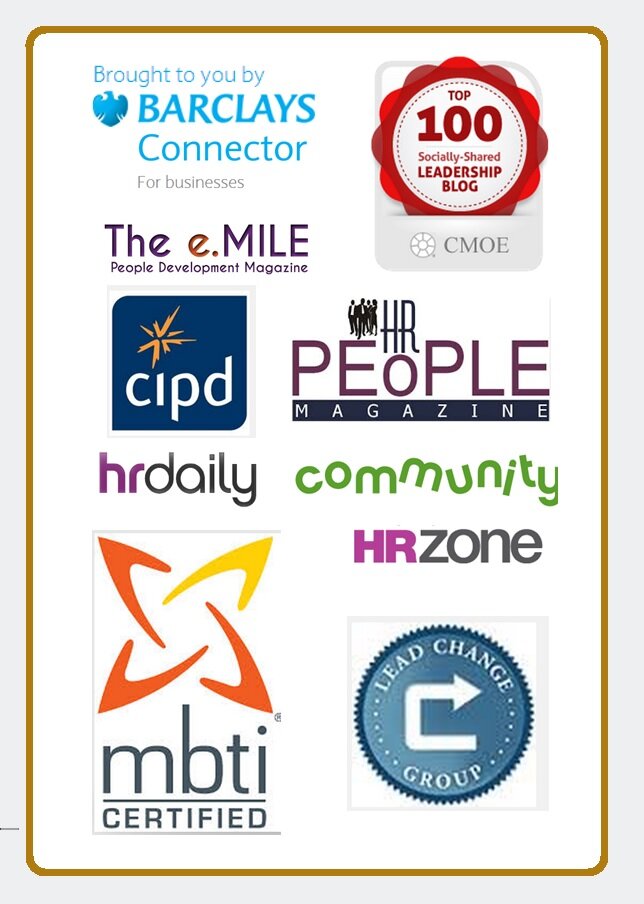There are many evaluation models and cost/benefit frameworks which attempt to determine the “worth” of learning and development in the workplace. Depending on the type of learning required, some models and frameworks are easier to apply than others. Sometimes even when applied, the expected outcomes and improvements have either not materialised or they have taken far longer than expected.
Even when the learning programme is excellent, it doesn’t always deliver results
A number of years ago, I worked with an organisation who had invested a great deal of employee time and financial resource into a learning and development programme, with frustratingly little result. A professional business consultancy had evaluated before and after, calculated a ROI which was a persuasive driver to buy in the proposed programme, but 18 months later, the expected benefits had simply not accrued.
The MD was totally frustrated; as the learning programme was polished, expert and inspirational. Employees were enthused, and bought into the concepts and the benefits of working in a different way. The formalised feedback on the training event was excellent. The business consultancy had done an amazing job. So what had gone wrong?
Improving knowledge, skills and behaviours doesn’t always mean better results
In another example, lack of effective leadership skills and behaviours had been identified as a big problem for this national organisation. It was decided to re-design the leadership skills framework and to develop a programme for all senior leaders. A set of behavioural standards were developed, and a methodology to measure changes was put in place. A coaching and mentoring framework was agreed along with monthly action learning meetings.
There was a new spring in the step of leaders across the organisation. They gave positive and enthusiastic feedback for the coaching and development programme.
When the 2nd annual employee feedback survey showed less than a 1% improvement in perceptions of employees, alongside results with marginal improvements, they were dumbfounded.
Great learning programmes don’t always result in improvements, but they should
Those examples are simply two of hundreds I have seen, when learning and development has been brought into an organisation; the learning has been evaluated and the content and application has been faultless. The organisation is absolutely clear about the improvements they want to see. But yet, still, the expected results did not materialise.
Why is this? As you know there are many factors which impel or motivate people to change the way they do things, and learning new skills, behaviours, knowledge or even raising awareness is just one part of the equation.
When your business is buying in development interventions, you want to be able to see a real return on investment, otherwise why would you use precious financial resources on it? No one can completely guarantee a return on investment, but the chances of a return can be greatly improved, and more importantly you can pinpoint exactly why the return hasn’t been realised by introducing the following principles.
When I was asked to do some work for the organisation in the first example, the MD was frustrated that the learning he had bought in had not realised the outcomes he required, even though the learning providers had delivered the learning they had promised.
Seven simple principles
My first step was to establish the following 7 principles if I were going to take on the task of getting results:
- A learning and development provider will facilitate a real return on investment in partnership with the commissioning organisation.
- Learning must enable a measurable improvement or change by the learner.
- The improvement or change must contribute to the overall outcomes for the organisation.
- Each learner must develop a “call to action, or objective” where they are accountable for achieving the measurable improvement or change.
- The organisation must enforce accountability, usually through their performance management system.
- The achievement collectively of “calls to action, or objectives” will result in a measured outcome for the organisation.
- “If it is not possible to set individuals a call to action or objective which aligns with overall business objectives, following learning then the commissioning organisation should consider whether development is actually needed.
I agreed to deliver a short refresher programme, with a pragmatic design. I explained unless the training included an accountable call to action for each employee, it would likely be unsuccessful once more, and so secured his agreement to establish accountability for achievement within the organisation.
We agreed at the end of the event, each employee would identify a work based objective to improve, abandon or shorten a process and to quantify the savings.
- Improve customer service or increase customer satisfaction, with a measurable difference
- Reduce the number and type of complaints
- Create a measurable increase in quality
In a 6 month period, 95% of employees met objectives, outcomes were recorded and collectively it was calculated that almost £1 million had been saved up to that point as a direct result of achievement of the outcomes or objectives.
Not only were amazing results achieved, employees felt an increased sense of ownership of the success of the initiative. They had tangible evidence of their contribution and saw a real difference.
Incidentally, these principles will also work for individuals if you are thinking of buying in your own self-development programme. For the majority of learning, unless it translates into accountable action, then it might be a “nice to have” but not necessarily an activity which will create significant change
If you are a leader, you are continually developing and "Sharpening the Saw". If you lead and manage teams, then you must read about our Inspirational New Leadership Programme. Sign up now to find out more details when we launch in July 2014. There is no obligation to undertake the programme, if you sign up today, you will simply be sent more information about the programme. You can unsubscribe at any time! Click below to register for further information.



